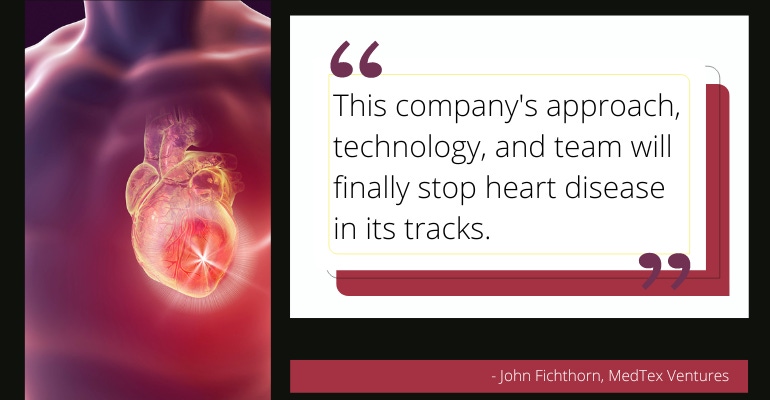Euclid's AI-backed cardiovascular disease diagnosis software has regulatory nods in the United States and the European Union for discerning plaque changes in heart tissue when compared to specimen histopathology.
June 23, 2022

Euclid, a medical technology company out of Boston, MA, said it will commercialize its AI-based heart disease diagnosis software to market after garnering $27 million in a series B round. Euclid’s technology has FDA clearance and a CE mark in discerning plaque changes in cardiac tissue when compared to specimen histopathology. No timeline for commercialization was provided.
The company’s technology allows for personalized evaluation of structures and changes to the heart that are indicative of cardiac events.
“Elucid is committed to providing physicians the most rigorously validated diagnostic platform to fight cardiovascular disease. Every patient is different and needs to be treated specific to his or her individual disease,” said CEO Blake Richards. “We are so proud of the remarkable work our team has accomplished and this series B allows us to expand our commercial reach.”
Machine learning to aid in finding heart disease risk
AI The company’s noninvasive software was developed to create quantifiable information on the tissue being evaluated in the heart using algorithms and machine learning. Specifically, the technology is designed to identify changes due to plaque buildup, necrotic core that has a high lipid concentration (Lipid Rich Necrotic Core), and other alterations known to potentially lead to heart attack.
The software could help doctors diagnose patients with cardiovascular disease symptoms, could help determine if patients have heart disease in early stages, and could help identify patients with atherosclerosis who are at risk for cardiovascular events. The company is also investigating the software’s utility with identifying the dilation capacity of a vessel and changes in fractional flow reserve (FFRct).
Investors
The company’s series B was headed by a strategic investor who was unnamed. Additional funders included Biovision Ventures, and ongoing investors, MedTex Ventures, IAG Capital, Bold Brain Ventures, and BlueStone Venture Partners.
One such investment firm suggested the company’s current results had set it apart and prompted the venture.
“Elucid's basis in histopathology is highly differentiated from competitive methods and is paramount to understanding the key drivers of atherosclerosis which cause ischemia and heart attacks,” said John Fichthorn of MedTex Ventures. “This company's approach, technology, and team will finally stop heart disease in its tracks.”
About the Author(s)
You May Also Like


